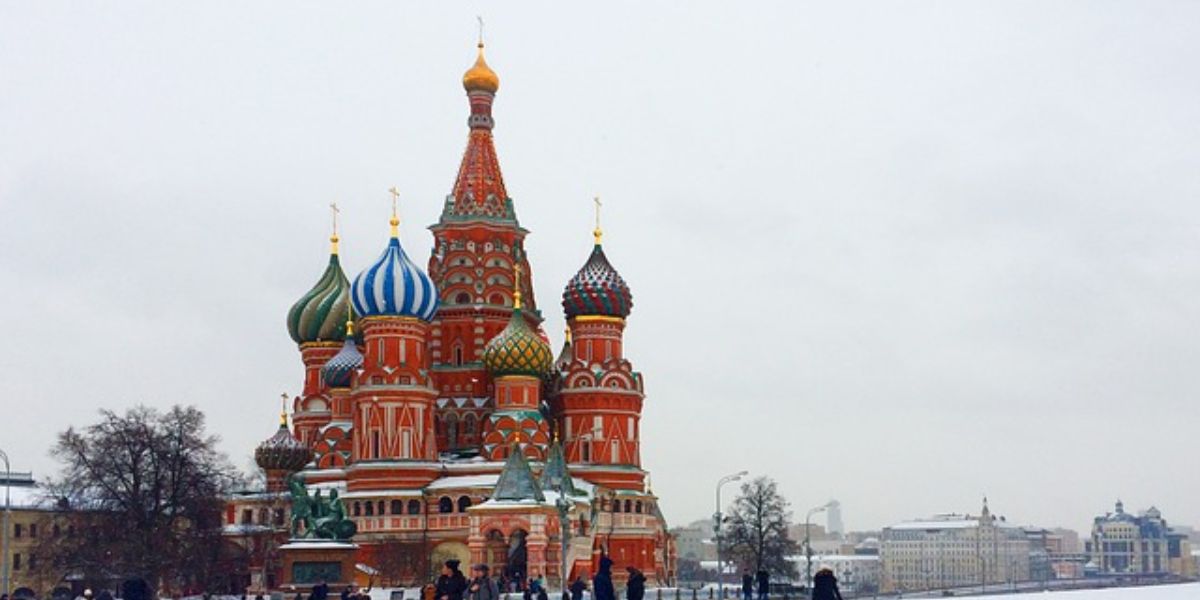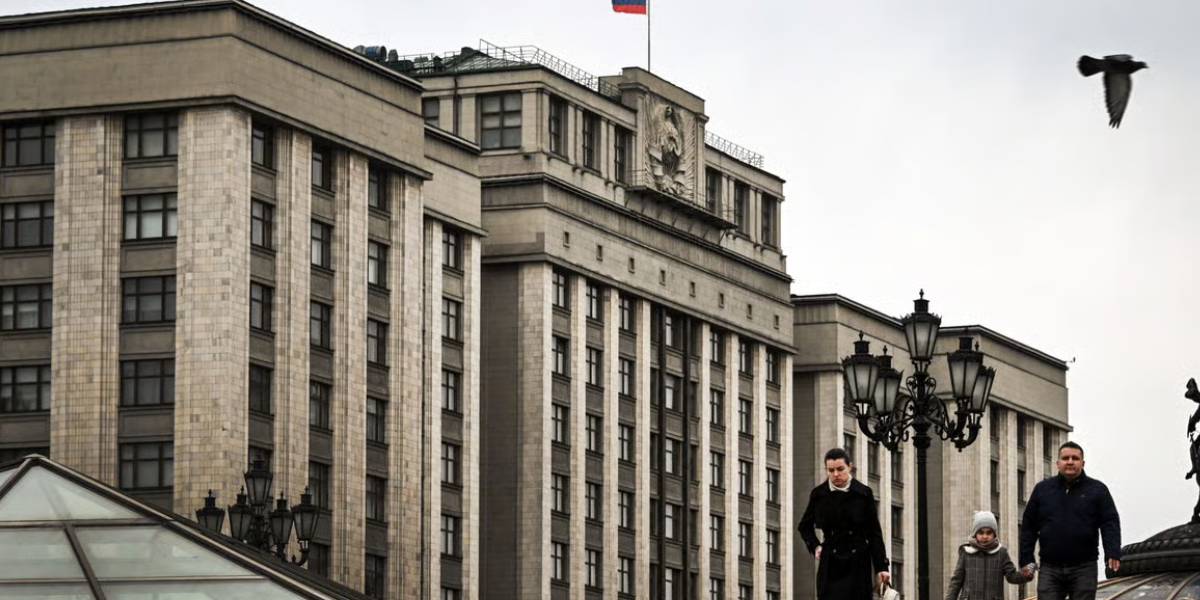On 22 October 2014 the Russian parliament received a new version of the draft law on controlled foreign companies (CFCs). Parliamentary hearings on the latest draft law are to take place on 11 November 2014.
Generally the draft law aims to introduce provisions on CFCs that will ensure that Russian owners of the companies will be subject to Russian tax. Many Russians have created structures involving entities outside Russia in locations such as Cyprus and this has led to a loss of tax revenue for Russia through the diversion of income to lower tax jurisdictions. Under the draft law a Russian individual or company owning 25% or more in a foreign entity would then be regarded as controlling the foreign entity. If the shareholding of Russian tax residents in the foreign company is more than 50%, the threshold at which an individual or company is regarded as a controlling entity drops to 10%.
The new draft law provides that the profits of the controlled foreign company would be eligible for an exemption from taxation in Russia if certain conditions apply. The company would have to fulfill one of the following conditions:
- The income is mainly active income, with passive income not exceeding 20% of the total;
- The company is resident for tax purposes within the Eurasian Economic Union;
- The country in which the company is tax resident has an agreement with Russia for the exchange of tax information;
- The effective tax rate in the jurisdiction where the CFC is tax resident is at least 75% of the average corporate income tax rate in Russia; or
- The company is a bank or an insurance company and is resident in a jurisdiction that has an agreement with Russia on the exchange of information.
Public companies are not included in this list of exemptions.
The draft law stipulates that any person tax resident in Russia must report their participation in controlled foreign companies to the tax administration. Where a CFC is resident in a country which has signed a double tax treaty with Russia the profits of the company will be calculated on the basis of its financial statements, provided that these have been subject to a mandatory audit. If this is not the case or if the company is in a jurisdiction which is not a tax treaty partner of Russia the profits of the CFC will be calculated on the basis of Chapter 25 of Russia’s Tax Code. If the CFC makes tax losses these may be carried forward indefinitely against future profits if the existence of the CFC has previously been disclosed to the tax administration.
The tax residence of the CFC is to be based on the place of effective management of the company. This would be determined on the basis of certain criteria that have been amended in the new draft of the law. These criteria are:
- The location where the majority of the meetings of the Board of directors take place;
- The location where the company’s executive body regularly carries out its activities; and
- The place where the functions of management, including day to day business operations and decision making, are mainly carried out by the officials of the company.
Other activities such as budgeting, consolidation of the financial statements or the adoption of standards, policies or methodologies, do not affect the place of tax residence. Also, the performance of business activities through assets and suitably qualified staff in a country which is a tax treaty partner does not affect the place of residence of the company for this purpose.
The exemptions from the definition of tax residence have also been amended to include foreign companies that satisfy one of the following conditions:
- The company is tax resident in a country that has a tax treaty with Russia;
- The company participates in profit sharing agreements or hydrocarbon deposit operations; or
- The company is a holding company mainly carrying out activities of foreign investment provided that: the participation in a Russian company has amounted to at least 50% within the previous 365 days; at least 50% of the assets consist of participation in other entities; and more than 95% of the income consists of dividends received from companies that are not tax resident in Russia and are not located in blacklisted jurisdictions.
The draft law would permit the beneficial owner of any type of Russian source income to claim the benefit of a relevant double tax treaty even if the beneficial owner is not the recipient of the income. Any tax assessed on a foreign company that is not the beneficial owner of the income could be refunded if requested by the beneficial owner who is tax resident in Russia.
Amendments to the thin capitalization provisions have been left out of the draft law.
If adopted in November 2014 the draft law will be effective from 1 January 2015. In this case the rules are likely to apply to CFC income for tax periods from 2015. Any participation in CFCs already in existence at 1 January 2015 would have to be reported to the tax authorities by 1 April 2015.













